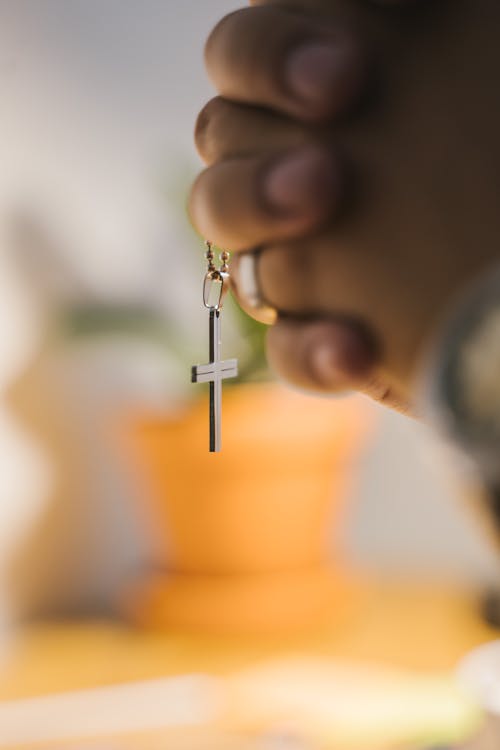When individuals recover from addiction, they still need additional help so that they will not relapse. Sometimes, people return to their addiction when they don’t implement what they learned during the addiction treatment phase.
Hence, it is crucial for the church to be there for their members during the aftercare recovery phase to make their sobriety permanent.

Here are some ways that the church can help their recovering members in the aftercare phase:
Proper follow up
The idea of follow up is to make people accountable. When people don’t have others looking after them, they are liable to commit errors.
The church needs to implement a good follow-up structure to keep recovering individuals accountable. They should be followed up on their progress after addiction treatment.
Reintegrating them into the church and society
When people recover from addiction, they may find it hard to rejoin the society and the church and continue from where they stopped. It is the core responsibility of the church to help them find their footing again.
For instance, some people may try to join the fast-paced life, and end up getting addicted because they are not fortified with the right resources and coping skills. The church needs to help them gradually become active players in their respective communities.
Regular support in form of prayers and fellowship
Prayers and fellowship are essential to help the recovering individual remain sober, and firmer with their commitments to God.
When someone is struggling with addiction, it can affect their fellowship with God, making them feel far away from him because of their sin. The church needs to assist recovering addicts to get back on track with their creator.
With the right form of support from the church in different facets, recovering adults can get back on track with their lives, and also with their fellowship with God.